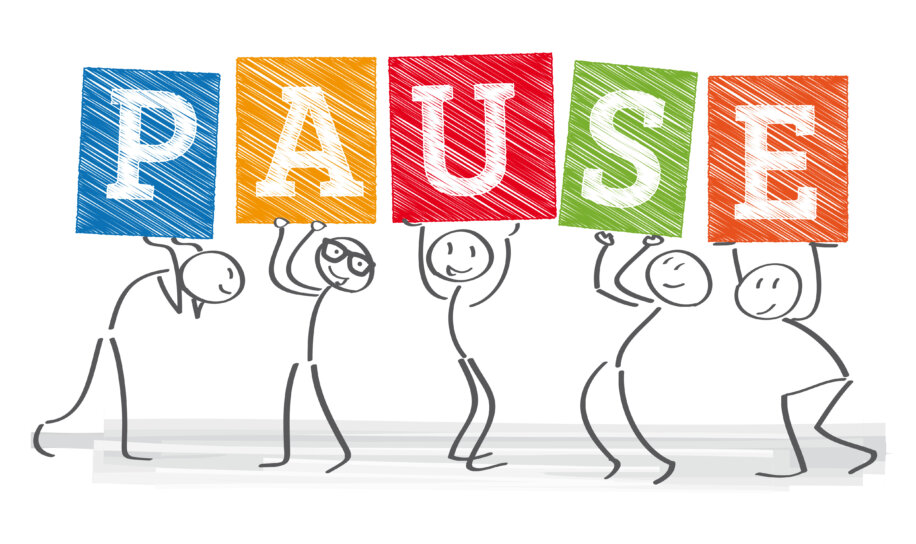In 2018, there were 12.8 million working days lost due to work-related stress, anxiety or depression, according to figures published by the Health and Safety Executive. Consider the significant suffering experienced by all those individual human beings. And clearly it also has a huge financial impact on a business. Whether you’re an employer or an employee, knowing how to recognise stress and respond to it wisely not only supports productivity – it also has an immensely valuable, potentially life-changing effect on us as people.
Bhante Gunaratana, Buddhist Doctor of Philosophy and author of Mindfulness in Plain English, famously said,
“Pain is inevitable, suffering is not”
Stress is part of life – sometimes we experience very little, other times it seems everything is conspiring against us. But very often, the suffering we experience from stress is less about the thing stressing us and more about the way we relate to it (how we judge, interpret and react to it). When you think about stressful situations at work – times of high workload, seniors or clients pressurising you on deadlines and costs, etc – it’s worth remembering Gunaratana’s words.
Instead of burying your head in the sand, over-working, over-eating – or any other habitual, avoidance (and often self-destructive) strategies – it pays to think about how you can respond to the situation in a skilful way. It’s valuable to take a look at things as they are and to begin to come to terms with the reality of the situation. If you accept that some stress is inevitable, you begin to see it in a different light. Rather than automatically thinking, “Why me? This is unfair. This shouldn’t be happening” and resisting reality, pause for a moment and try to be a witness to the situation – observing it from a distance in a non-judgmental way.
I’ve talked about the practice of mindfulness before – and it’s useful here too. Becoming more aware of how you react to stress is, in itself, stress-limiting. The awareness itself puts you in a different, more spacious, position in relation to the stress. You are no longer entangled in it, carried off in a stream of stress reactions. Instead of that negative, ‘automatic’, resistant response, you are able to acknoweldge the actuality of the situation. And so, you become empowered with consciousness and choice of what (if anything) to do next – in terms of thinking and behaviour. Please note that increased mindfulness is something that can be cultivated over time through the practice of meditation. Tall Spaghetti offers training in this for businesses.
When you feel things getting on top of you, there are a number of simple ways to deal with the stress in a calm, self-aware way. Injecting a ‘pause’ into the situation is one of the most powerful things you can do. It creates a gap between the stimulus and your response. You could follow one breath in and out to help you to create this small space. Or you could experiment with becoming aware of your feet in contact with the floor – focusing your attention in the here and now, and keeping you feeling grounded.
These short physical interventions take your attention away from your head and into your body, lessening the intensity of the stress. They interrupt the automaticity of a habitual stress reaction. They create a space. This provides greater opportunity for you to select ‘what next?’. Even if you don’t remember to pause in the midst of some stressful event, stress tends to linger, so just pause whenever you recognise that you feel ruffled.
The result: a considered response to stress (as opposed to an automatic reaction) and a greater sense of choice and control.
Remember: Stress? Pause. Respond
If you would like to learn more about managing stress, please give me, Rachael, a call on 07876 495 968 or you can get in touch by filling in the form.
